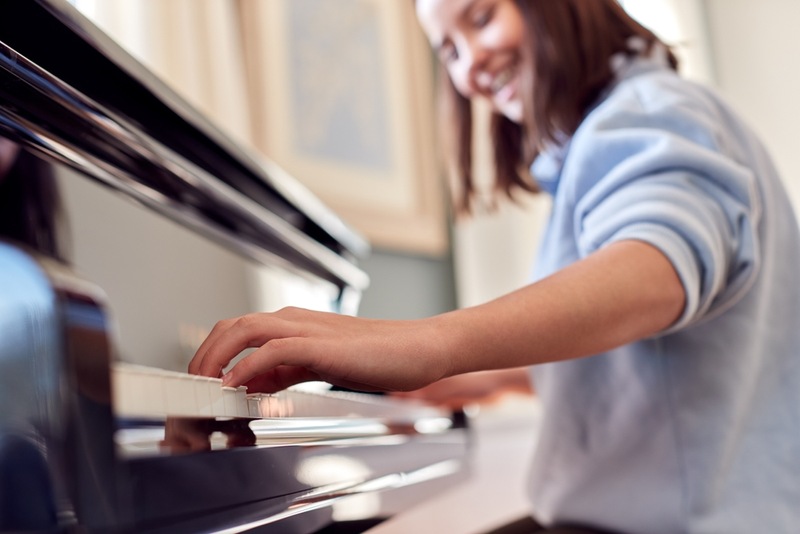How to Properly Care for Your Piano After a Long-Distance Move

If you've just moved your piano across the country, congratulations! Moving a piano is no easy feat, and you should be proud of yourself for getting it done. But the work isn't over yet. Now, it's time to properly care for your piano after the long-distance move.
Moving a piano can be a stressful experience for both you and your instrument. The bumps and jostles of the move can cause damage to the delicate inner workings of the piano. However, with proper care and attention, you can help your piano recover from the move and continue to produce beautiful music for years to come. Here are some tips on how to properly care for your piano after a long-distance move.
- Give your piano time to adjust
Moving a piano can be a shock to the system, and your instrument will need time to adjust to its new surroundings. Give your piano a few days to settle in before you start playing it again. This will allow the piano to acclimate to any changes in temperature or humidity that may have occurred during the move.
- Check for damage
Before you start playing your piano again, it's important to inspect it for any damage that may have occurred during the move. Look for cracks, dents, or scratches on the outside of the piano. Open the lid and check the inside for any signs of damage to the soundboard, strings, or hammers. If you notice any damage, contact a professional piano technician right away to assess the damage and make any necessary repairs.
- Tune your piano
Moving a piano can cause the strings to stretch or contract, which can throw your piano out of tune. It's important to have your piano tuned as soon as possible after the move to ensure that it sounds its best. Hire a professional piano tuner to come to your home and tune your piano. They can also check for any other issues that may be affecting the sound of your instrument.
- Regulate the temperature and humidity
Pianos are sensitive to changes in temperature and humidity, which can cause the wood to expand or contract. This can affect the sound and playability of your piano. To prevent this from happening, regulate the temperature and humidity in the room where your piano is located. Keep the room at a steady temperature between 60 and 72 degrees Fahrenheit, and maintain a humidity level between 40% and 60%. Use a humidifier or dehumidifier if necessary to maintain the proper humidity level.
- Keep your piano clean
Dust and debris can accumulate on your piano during a move, which can affect its sound and appearance. Use a soft, dry cloth to dust the piano regularly, and use a damp cloth to wipe down the keys. Avoid using any cleaning products that contain alcohol, as these can damage the finish of the piano.
By following these tips, you can help your piano recover from the long-distance move and continue to produce beautiful music for years to come. Remember, if you notice any issues with your piano, don't hesitate to contact a professional piano technician. They can assess the problem and make any necessary repairs to ensure that your piano stays in top condition. With proper care and attention, your piano will be a source of joy and inspiration for years to come.
Bookmark & Share
Most Popular Articles
- How Much Does It Cost to Move a Piano Long Distance?
- How Heavy Is A Grand Piano?
- Easy Pop Songs to Play on the Piano
- The Best Spots for Your Piano
- Mistakes to Avoid When Moving a Piano
- 10 Reasons to Hire a Professional Piano Moving Company
- How to Restore Yellow Piano Keys
- What to Do with Your Unused Piano



